CONTACT
Piotr Szczepański
Warsaw University of Technology
Phone: +48 22 234 1778
Mail: Piotr.Szczepanski@pw.edu.pl
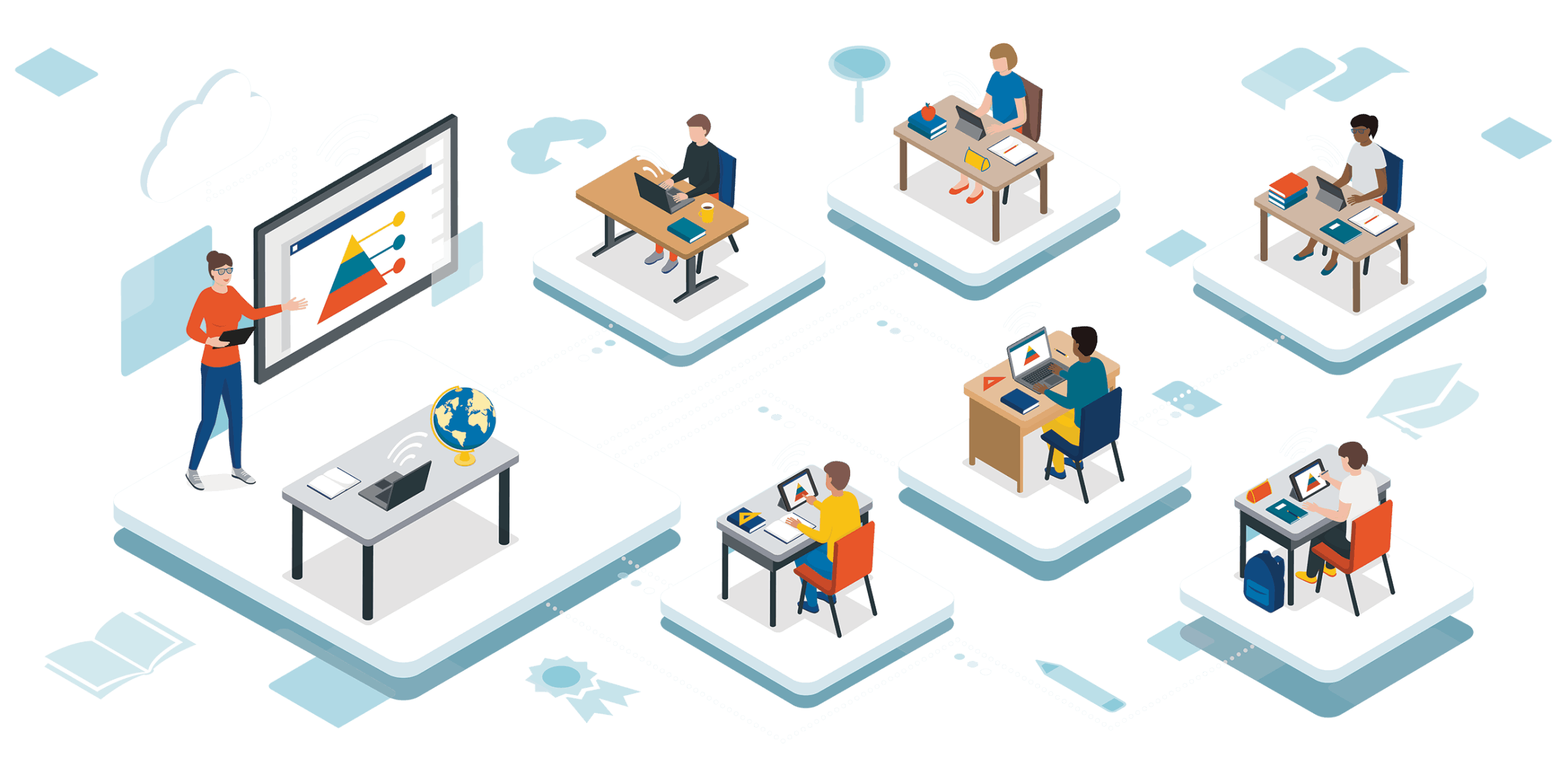
During the ENHANCE workshop on „Learning environments for Alpha Generation”, academic teachers, administrative staff and students will explore and discuss innovative approaches to creating effective learning environments tailored specifically for the unique needs of the Generation Alpha cohort. This workshop will serve as a platform for good practices exchange, collaboration, and dialogue on the latest advancements and best practices in designing educational spaces and strategies to nurture the next generation of learners. Engaging in small-group discussions will bring together teachers, administrative staff, and student perspectives and delve into this digitally native generation's needs.
The workshop will provide ample networking opportunities for participants to connect with like-minded professionals, form collaborations, and exchange ideas on transforming educational spaces to meet the evolving needs of Generation Alpha students.
The workshop will consist of two parts:
– PART I – a series of short speeches open to all members of ENHANCE community (students, doctoral candidates, staff) – LINK (pass: LEfAG!)
– PART II – main workshop for a limited number of people – CLICK HERE TO REGISTER. The main workshop is divided into two parts, during which participants:
○ work in groups (4-5 people)
○ discuss issues related to the topic of the workshop using the prepared whiteboard
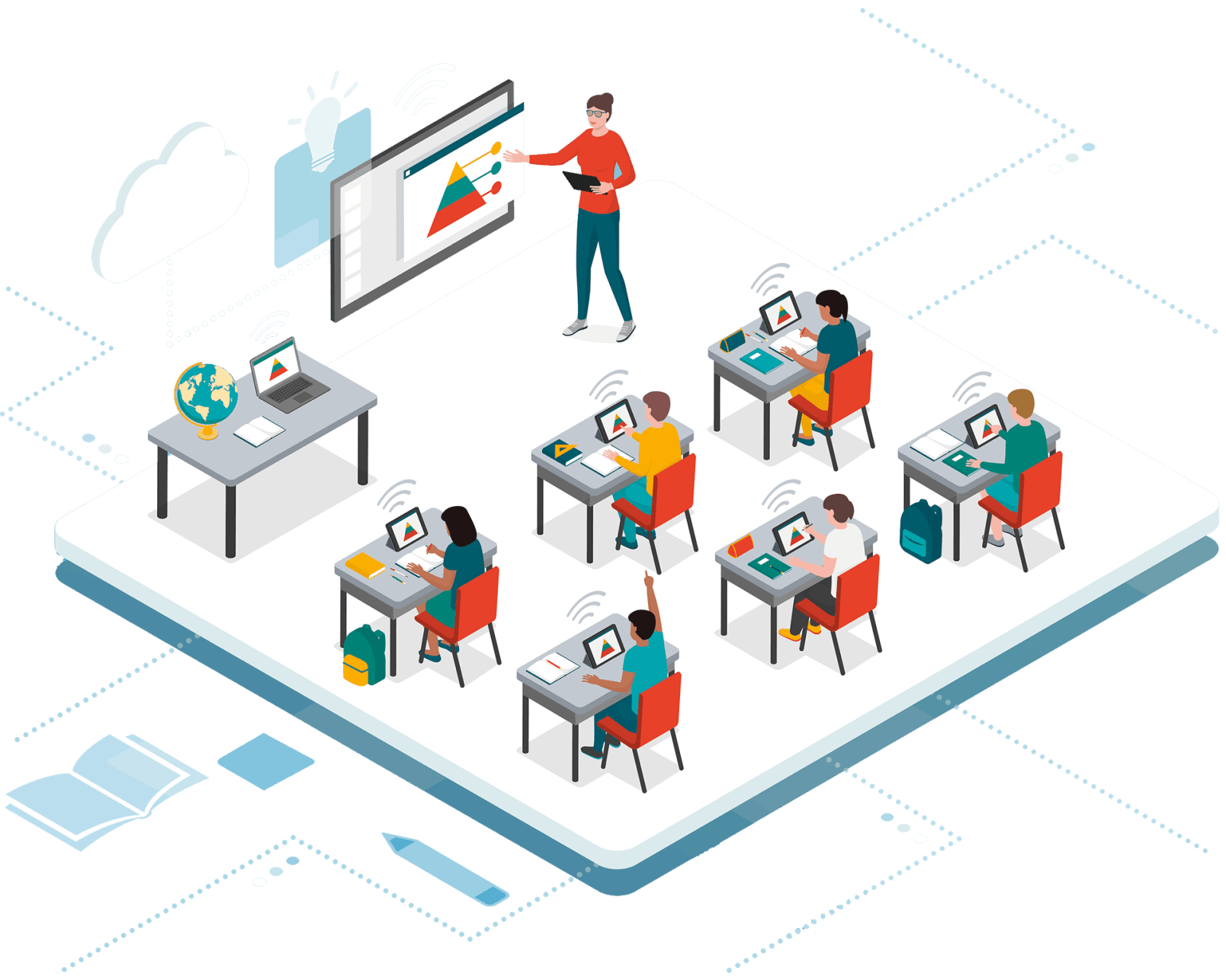
Topics for discussion:
– generational changes – are they recognised in individual universities?
– is a new model of learning needed for the incoming generation?
– to what extent should we change/adapt our teaching methods?
– (to what extent) is good pedagogy (in)dependent on technology?
– is introducing new teaching methods beneficial for learners?
– are teachers up-to-date in innovative teaching?
– do we need to introduce new tools to support education?
The workshop will bring in the recommendations:
– on the general approach to educating alpha generation students,
– on education in the ENHANCE Alliance in the next ten years
Workshop objectives:
– to delve into the distinctive traits and preferences of students from the alpha generation and explore how learning environments can be selected to facilitate their learning, engagement, and success
– to discuss the knowledge, pedagogical approaches, and technological advancements that can be leveraged to create suitable learning environments for this digitally native generation
– to provide participants with an opportunity to share their insights, engage in stimulating discussions, and gain valuable knowledge on transforming educational spaces to meet the evolving needs of alpha generation students
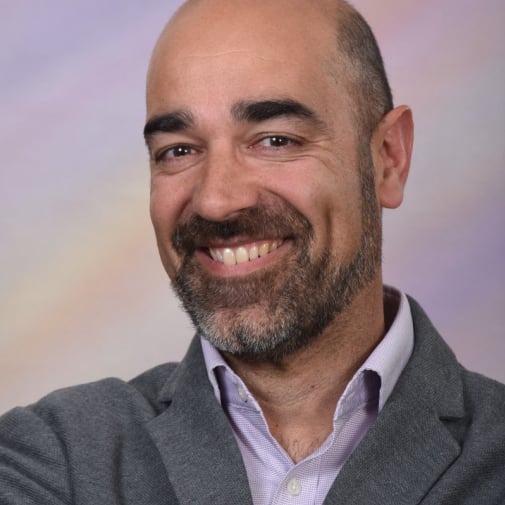
Dr. Fuentes-Durá earned a MSc. In Industrial Chemistry at the Universitat de València (UVEG) and a PhD in environmental engineering from the Universitat Politècnica de València (UPV). He is a full professor with tenure at the Nuclear and Chemical Engineering Department. Nowadays, the Director of two Business Chairs are “Istobal Open Innovation” and “Design, Innovation and Interculturality”. He is the International Coordinator of the European Project Semester, a program crafted to prepare students with the necessary skills to face the challenges of today's world economy. International student teams work on interdisciplinary projects, usually with commercial businesses and industries, carefully selected to match the student's specialisations and capabilities and develop their intercultural communication and teamwork skills.
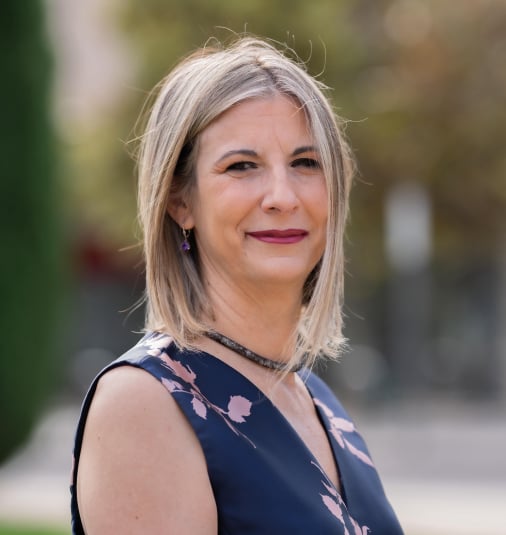
Dr Nuria Llobregat graduated as English Philologist at the UNED University (Spain) and earned a PhD degree in Social Science and Education at the Technical University of Valencia (UPV) (2020). She is currently an Associate Lecturer at the Applied Linguistics Department and the International Affairs Director of the UPV. Her university lecturing relates to Effective Digital Communication, International Skills, Professional and Academic Writing, and English as a second language. Her current research areas are haptic feedback in education and smart learning, disruptive technologies in education, and expert learning driven by Haptic Interactions. She also maintains an important line of activity in innovation applied to education supported by European-funded projects (ERASMUS+), collaborates in innovative educational experiences as a member of GRIM4E Group and is an enthusiastic short stories writer.
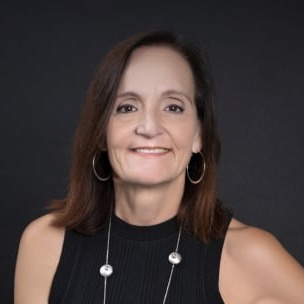
Dr Nuria Lloret is a Full professor at the Universitat Politècnica de València (UPV). She has directed more than 50 national and European Union research projects. She is considered an expert evaluator and active teacher with research lines focused on collaborative technology platforms, data analytics, e-administration and mixed reality.
Specialist in Mixed Reality, Metaverse & Digital Collaborative Systems, including digital communication, web metrics and analytics, personal branding, information architecture, content management, digital product development and business development.
She is devoted, among other things, to mentoring young women towards STEAM studies and supporting diversity in academic and business environments.
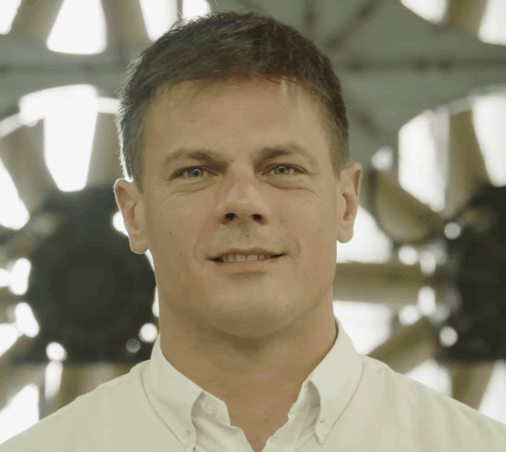
Dr Julien Maheut earned a PhD in Engineering and Industrial production at the Universitat Politècnica de Valencia (UPV). He is currently a Senior Lecturer on Operations Management and Supply Chain Management at UPV. His research is focused on designing and implementing mathematical programming models, algorithms, and discrete-event simulation models for Production & Logistics Systems, participating in several European Research Projects with companies such as Ford Motor Company, Schneider Electrics, Bimatec Soraluce, ValenciaPort Foundation, Johnson Control, Renault, Faurecia, etc. He has taught innovation activities related to e-learning approaches for enhancing (under)graduate final-year projects and dissertations, assessment through rubrics, and designing new structures of undergraduate degrees.
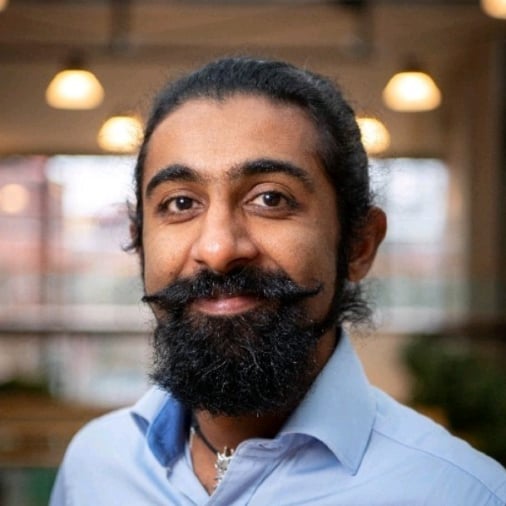
Abhilash is a marketing professional with over 10 years of experience in international branding, marketing, and communications. He excels in crafting strategies that resonate with global audiences. Additionally, in co-founding Emigreat, he honed his skills in branding and product development. With degrees in Electronics and Nanotechnology, his proficiency spans across technical and marketing domains. He is motivated by customer satisfaction and building enduring relationships.
📥DOWNLOAD THE SCHEDULE
09:00 - 09:15
Welcome, introduction, agenda by Piotr Pałka
9:15 - 9:45
Talk by Nuria Llobregat 📥DOWNLOAD
“STEM Subjects Face the Alpha Generation”
The Alpha Generation use interactive screens as main source of gather knowledge before the expected age. For instance, they are able to create digital content at the pace of a blink of an eye. How this new emergent literacies are going to influence us once they arrive to our Universities in 2030? Do we know how they are learning? Are we ready for them?
9:45 - 10:05
Talk by Abhilash Ram 📥DOWNLOAD
"Generation Alpha and the major implications their entry into higher education may have on teaching and learning"
The oldest of Generation Alpha are yet to even enter high school, yet they stand poised to upend higher education as we know it. What are their major defining traits? What are their preferences? How do they learn? And how will we as higher education providers need to change in order to serve this new audience?
10:05 - 10:25
Talk by Nuria Lloret 📥DOWNLOAD
"Artificial Intelligence and Immersion, disruptive technologies for new challenges in educational environments"
Immersive spaces have come to stay in training at all levels, but if these spaces cannot be combined with data analysis and artificial intelligence, they lose part of their usefulness. In this talk we will try to talk about how these combined technologies are the future of online training for students.
10:25 - 10:45
Talk by Pedro Fuentes 📥DOWNLOAD
"Authentic Learning and opportunity-driven experiences"
Authentic learning connects real-world situations, tasks, and problems and cultivates a sense of ownership and purpose as students see its direct application. Universities should create opportunity-driven experiences that involves active student engagement. How to make our students to apply their knowledge in those contexts?
10:45 - 11:05
Talk by Julien Maheut 📥DOWNLOAD
"Incorporating new immersive learning spaces in Formal Learning for Z Generation"
Z Generation expects new immersive learning spaces in formal learning. This tech-savvy generation's unique characteristics and preferences imply the need to design new types of bachelor’s and diplomas to align their competencies and skills with the existing and future immersive technologies. Are we ready for that?
11:05 - 11:35
Q&A
11:35 - 12:00
Break
12:00 - 13:15
Workshop – part 1
- generational changes – as they are recognized in individual
universities?
- is a new model of learning needed for incoming generation?
- to what extent should we change/adapt our teaching methods?
- (to what extent) is good pedagogy dependent on technology?
13:15 - 13:30
Break
13:30 - 14:45
Workshop – part 2
- is introducing a new learning methods beneficial for learners?
- are teachers up-to-date in it?
- do we need to introduce new tools to support education?
- recommendations (a) on the general approach to educating alpha generation students, (b) on the learning in ENHANCE Alliance in next 10 years
14:45 - 15:00
Wrap-up
The following observations and guidelines can be formulated:
► Generation changes are rather poorly understood and perceived by the academic community. Members of academic staff are still not aware of the differences between students’ generations, especially the big change caused by the irruption of interactive screens.
► Even if the universities are aware of the evolving needs of the students, they have difficulties in introducing and promoting changes aligned with the expectations of the new student cohorts. University educators are not always well prepared for effective teaching of new generation of students. This is to some extent understandable as introducing new teaching methods consumes time that otherwise could have been dedicated to other activities (e.g. research).
► The introduction of new teaching methods might be beneficial for both students and teachers. But new concepts are not necessarily better than the older ones. The teaching methods should be adapted to bring the best of different models into the scene.
► The quality of teaching is primarily dependent on the teacher, but technology can enhance it to some extent (for example, using AR and VR provides opportunities for experiential learning). The teacher should be independent in choosing the right methods and tools as far as the intended learning outcomes are achieved by the students.
► The education model should be developed considering not only the specific generation but also the level of studies (it should be different for bachelor's degree students, master's degree students and PhD candidates).
► Learning from each other’s experience should be considered. Peer support in dealing with new technologies is still underestimated.
The concept of the workshop on Learning environments for alpha generation students was developed taking into account our ideas on the future development of the ENHANCE Alliance. In the ENHANCE+ proposal submitted in January 2023, one of the work packages is called “Future learning” and it is focussed on creating effective learning environments tailored specifically for the unique needs of the future cohorts of students – alpha/haptic generation students, i.e. for students who will come to our universities around 2030. The above stated observations and guidelines can therefore be seen as a contribution to initial discussion on how universities should prepare for this new generation of students “born with a smartphone in their hands”.
Presentations from plenary session - click to go to agenda & download
Piotr Szczepański
Warsaw University of Technology
Phone: +48 22 234 1778
Mail: Piotr.Szczepanski@pw.edu.pl
Made with
Landing Page Software